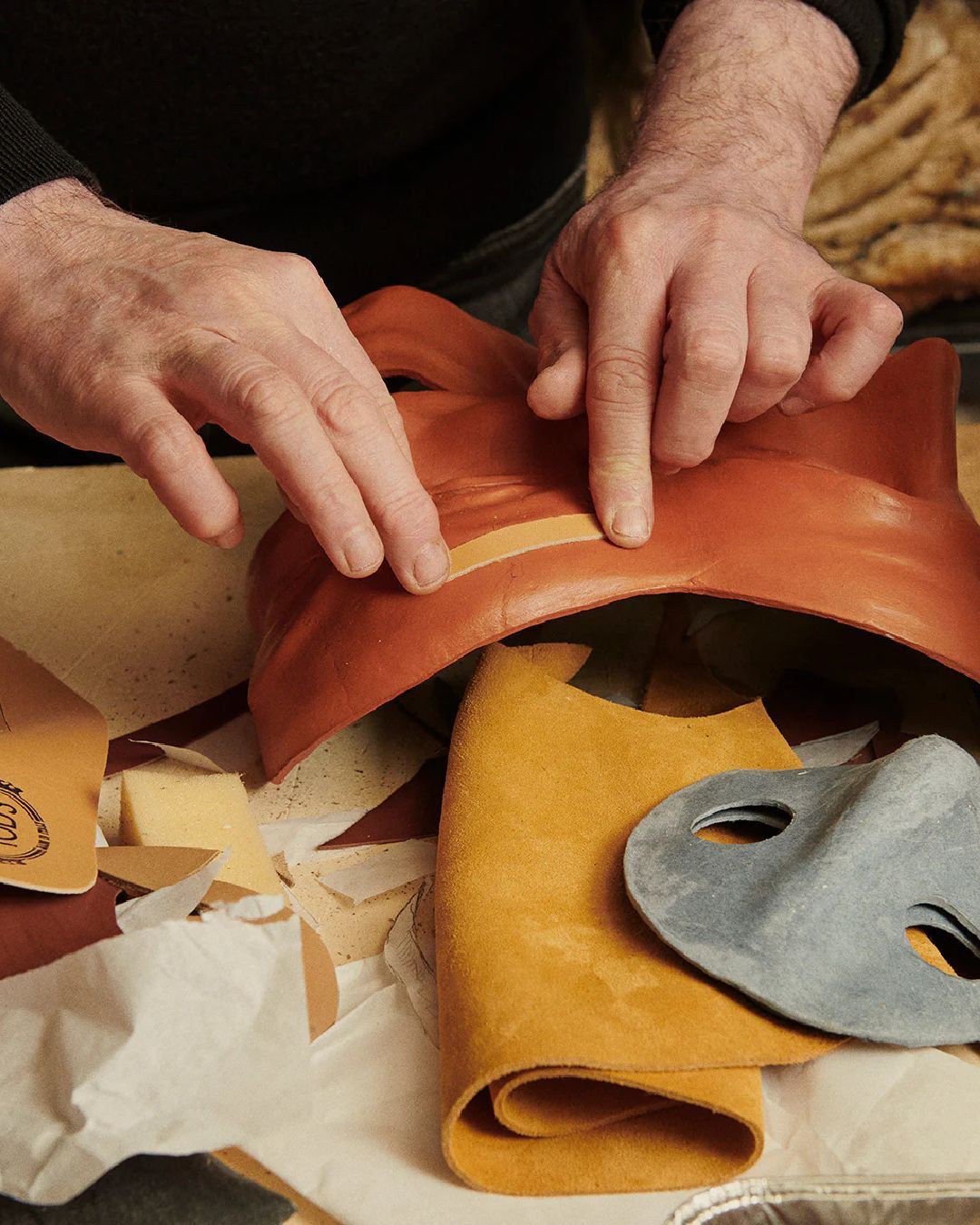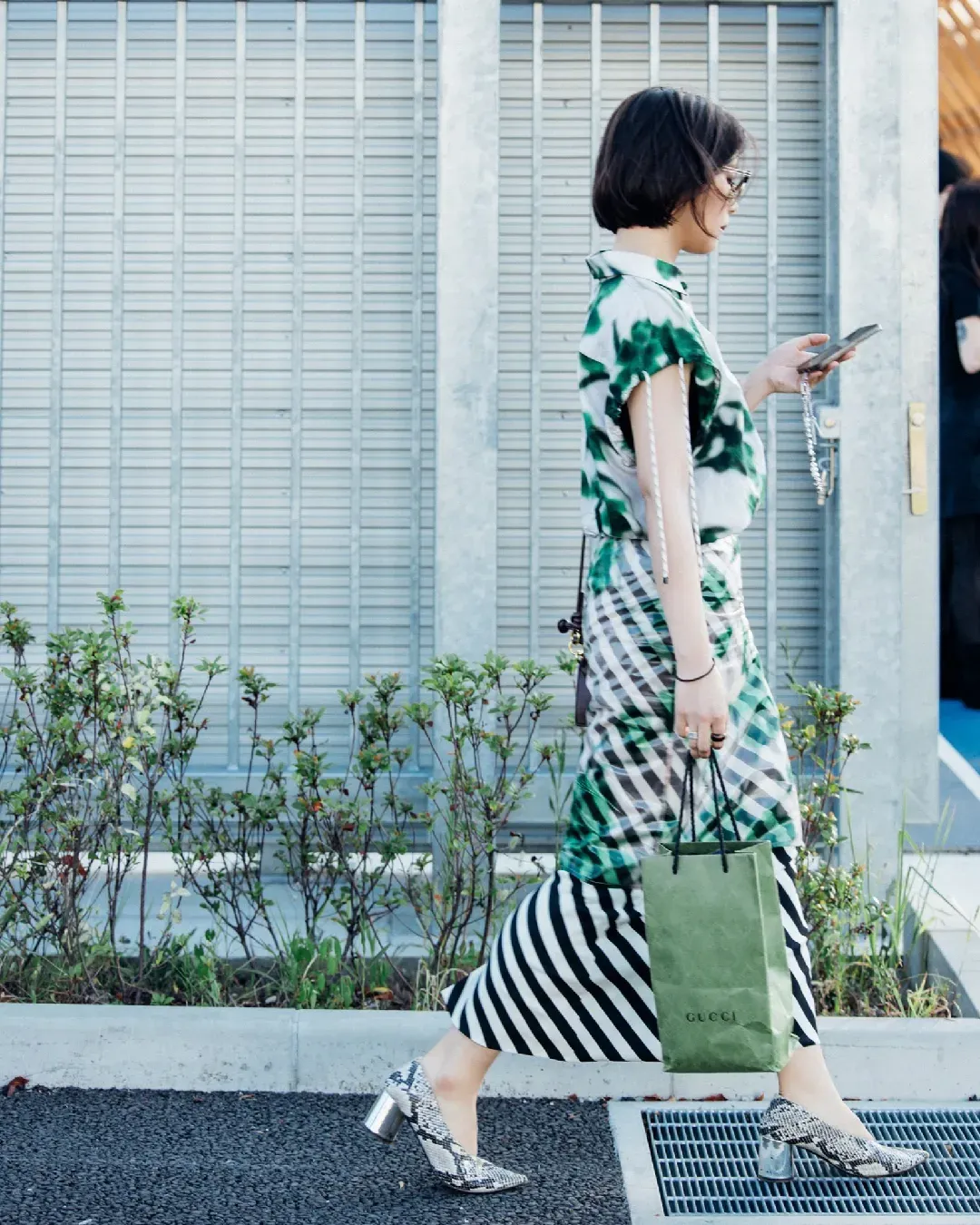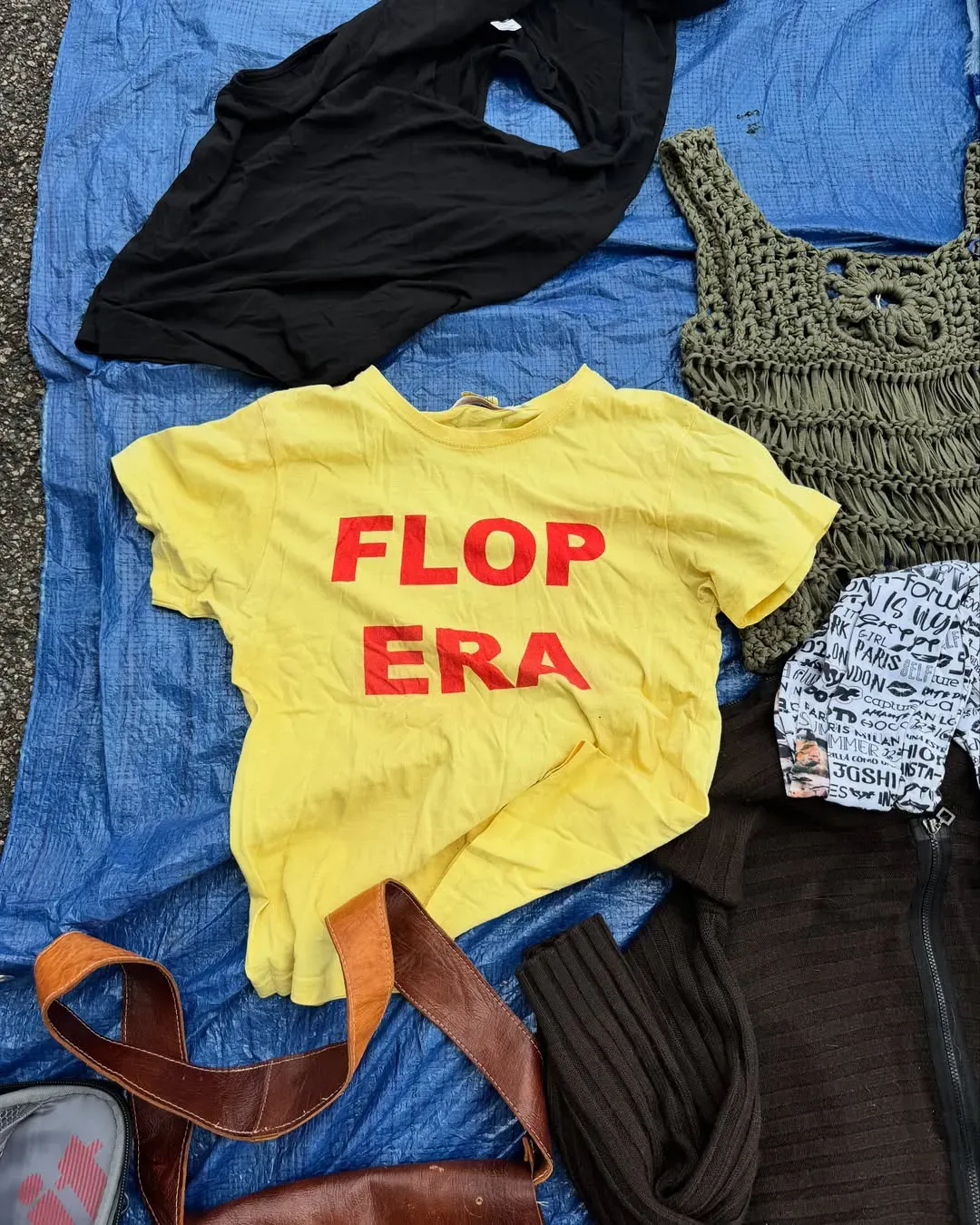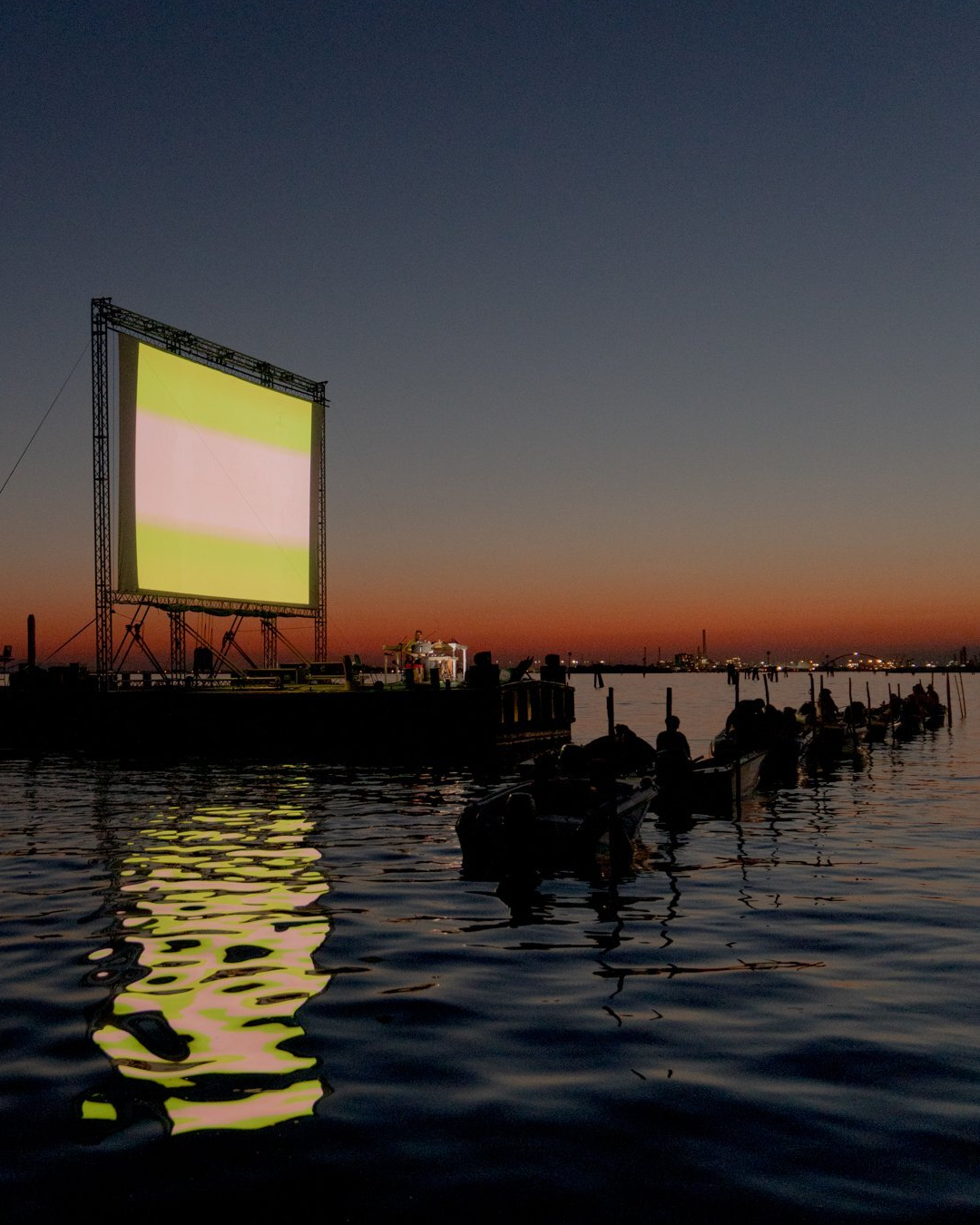
Dear Italians, Stop Painting Yourselves Black Some very important notes to take prior to halloween celebrations
Within the past year, conversations around the issue of blackface have arisen on an international scale as a result of multiple brands, celebrities and companies being accused of offending members of the black communities with the ignorant form of theatrical makeup. From names like Prada to Kim Kardashian to Becca Cosmetics, much of whom have been called out for creating more inconspicuous, yet nonetheless valid versions of products and images resemblant to the concept. However, on a local scale, within the Italian borders, blackface is very much alive and excelling in its original form. White people are still dabbling in black and brown face paint, in the attempt of creating lazy, ignorant and unflattering representations of black characters.
During the past five years, Italian comedian Gabriele Pellegrini, better known as Dado has dressed himself in blackface in mockery of a kebab seller from Africa; Italian Politician Gianluca Buonanno has worn blackface in Parliament to make a point in regards to immigrants; Italian musician twin duo Palla e Chiatta have painted themselves as black women for what they thought was a tribute to black culture; photos have surfaced of Italian stylist Carlotta Tabaroni dressed in blackface for Halloween (as pointed out by journalist/cultural influencer Louis Pisano); and in the most recent act, Italy’s flag carrier Alitalia’s ad - that has now been removed - shows a non-black actor portraying Barack Obama with a full-on black painted face. The latest of incidents is Italian TV programme Tale e Quale, having Italian singer Roberta Bonanno painted in full black face during an imitation of Beyoncé; a tradition it seems the tv show has been doing for years to portray artists like Ghali, Rihanna, Stevie Wonder and others.
So needless to say, evidently, we have a problem, a problem that isn’t reduced to the industry’s of fashion, or politics or music only, but is a widespread ignorance on a more cultural scale.
Upon the happening of each of these incidents, the common thread has always been the reaction of each offender. A response in defence in an attempt to justify the act with an explanation of not having racist intentions in mind. However, if these people would have been paid attention to blackface’s origins, it would have been noted that in whatever case it may be, one’s intentions are irrelevant, and furthermore in 2019, a few century’s long from the tradition’s origin, no one actually gives a shit about whether you intended on being racist or not. No one is saying you can't be Beyoncé or Stevie Wonder or Prince for halloween, just do it without painting yourself black. What is being asked is simply for us to retire a tradition rooted in hate and tyranny.
The origins of blackface stretch much further than simple dark makeup on light skin. Its origins can be traced to 19th century American and British culture where it became famous as a result of minstrel performance shows. During these shows, which would broadcast on national TV, white performers used greasepaint and shoe polish to blacken their skin and exaggerate their lips while depicting plantation slaves and free blacks. These performances were in no way complimentary or flattering to the culture as they took place during a time where people of colour were blatantly mistreated and dehumanized, which a mocking theatrical performance of a culture that was already considered non-human only proved to worsen.
Oftentimes the defence of Italians in blackface may also be that the tradition’s racist roots have never been a part of Italian history. However, it goes without saying that it matters not whether the person under the paint is German, Italian, American, or South African, the people being offended are always the same, black people. Blackface was created in an era where lynching, legal injustice, slavery and great ignorance against black people and culture was still alive and automatically, whether intended or not when blackface is used it creates racial-based trauma for black people REGARDLESS of one’s nationality.
@roberta_bonanno @Beyonce#taleequaleshow pic.twitter.com/mInRerEz2n
— Tale e Quale Show (@taleequaleshow) October 25, 2019
All in all, Italy is still quite oblivious in acknowledging racial issues. If one were to ask a Caucasian Italian if racism exists in Italy the answer would more than likely be no, while the answer from a person of colour living in the country may vary. However that is exactly the point, non-people of colour do not get to define what is or is not racist, they simply do not get to decide what may or may not be offensive to a person of colour. Much too often this typical Italian ignorance is mistaken for being open-minded and people of colour are accused of being oversensitive, but for the culture, and race critic Dr David J. Leonard this is a social a cultural strategy which allows such issues to remain unresolved.
The ability to be ignorant, to be unaware of the history and consequences of racial bigotry, to simply do as one pleases, is a quintessential element of privilege. The ability to disparage, to demonize, to ridicule, and to engage in racially hurtful practices from the comfort of one's segregated neighborhoods and racially homogeneous schools reflects both privilege and power. The ability to blame others for being oversensitive, for playing the race card, or for making much ado about nothing are privileges codified structurally and culturally.
Furthermore, after all this explanation on the racist, humiliating history on blackface, if you still don’t happen to understand why it is wrong, ask yourself the question 'Why is it right?' Why would one want to take part in a tradition that has a history of mocking, dehumanizing and degrading an entire race of people? If you still happen to come up with a supposedly valid answer after that, you probably belong on the right wing side of the fence with Trump, Salvini and all the other bigots.















































